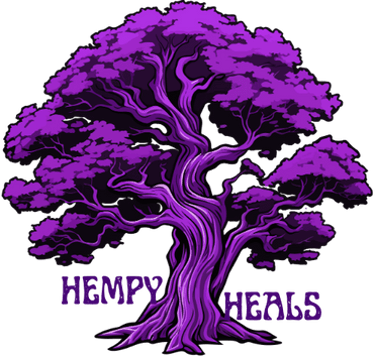The Many Faces of Addiction: Beyond Drugs
MY JOURNEY


The Scope of Addiction
When we think of addiction, the first thing that often comes to mind is drugs. However, addiction is not limited to substance abuse alone. Addiction can manifest in various forms and can involve a range of behaviors that provide a repetitive release of endorphins. In this article, we will explore the different faces of addiction, highlighting that addiction extends beyond drugs.
Understanding Addiction
Before delving into the various forms of addiction, it is important to understand what addiction truly means. Addiction is a complex condition characterized by compulsive engagement in rewarding stimuli, despite negative consequences. It is often driven by the intense craving and dependence on a particular substance or behavior.
The Non-Substance Addictions
While substance abuse is a significant component of addiction, it is crucial to recognize that addiction can manifest in non-substance-related behaviors as well. Let's explore some of the common non-substance addictions:


1. Shopping Addiction
Shopping addiction, also known as compulsive buying disorder, is a behavioral addiction characterized by excessive and uncontrollable shopping. Individuals with this addiction experience a strong urge to shop, leading to financial problems, emotional distress, and strained relationships.


2. Work Addiction
Work addiction, also referred to as workaholism, is an addiction to work and the compulsive need to constantly engage in work-related activities. Work addicts often prioritize work over personal relationships and neglect self-care, leading to physical and mental exhaustion.
3. Gambling Addiction
Gambling addiction, also known as pathological gambling or gambling disorder, is characterized by an uncontrollable urge to gamble despite negative consequences. It can lead to financial ruin, strained relationships, and significant emotional distress.


4. Alcohol Addiction
While alcohol is a substance, it is important to highlight its prevalence as a form of addiction. Alcohol addiction, also known as alcoholism, is a chronic disease characterized by the inability to control or stop drinking. It can have severe physical, psychological, and social consequences.
5. Technology Addiction
In today's digital age, technology addiction has become increasingly prevalent. This addiction involves excessive and compulsive use of technology, such as smartphones, social media, and video games. It can lead to social isolation, impaired relationships, and negative impacts on mental health.
The Role of Endorphins
One common thread among these non-substance addictions is the release of endorphins, the body's natural feel-good chemicals. Engaging in these behaviors triggers the brain's reward system, leading to a temporary sense of pleasure and euphoria. Over time, individuals may develop a tolerance, requiring higher levels of engagement to achieve the same level of satisfaction.
Pharmaceuticals and Controlled Addiction
While not typically considered in discussions of addiction, pharmaceuticals that alter our minds can also be seen as a form of controlled addiction. Prescription medications such as opioids, benzodiazepines, and stimulants can have powerful effects on the brain and body. When used improperly or without medical supervision, these medications can lead to dependence, withdrawal symptoms, and negative health consequences.
The Effects of Addiction
Regardless of the form addiction takes, it can have profound effects on individuals and their loved ones. Addiction can impact physical health, mental well-being, relationships, and overall quality of life. It is essential to recognize the signs of addiction and seek appropriate help and support.
Treatment and Recovery
Fortunately, addiction is a treatable condition. Various treatment approaches, including therapy, support groups, and medication, can help individuals overcome addiction and regain control of their lives. It is crucial for individuals struggling with addiction to reach out for help and engage in a comprehensive recovery plan.
Conclusion
Addiction is a complex and multifaceted condition that extends beyond drugs. Shopping, work, gambling, alcohol, and technology are just a few examples of the many faces of addiction. Understanding the underlying mechanisms and seeking appropriate support are essential steps towards recovery. By broadening our understanding of addiction, we can foster empathy and provide better support for those affected by this challenging condition.
